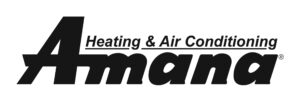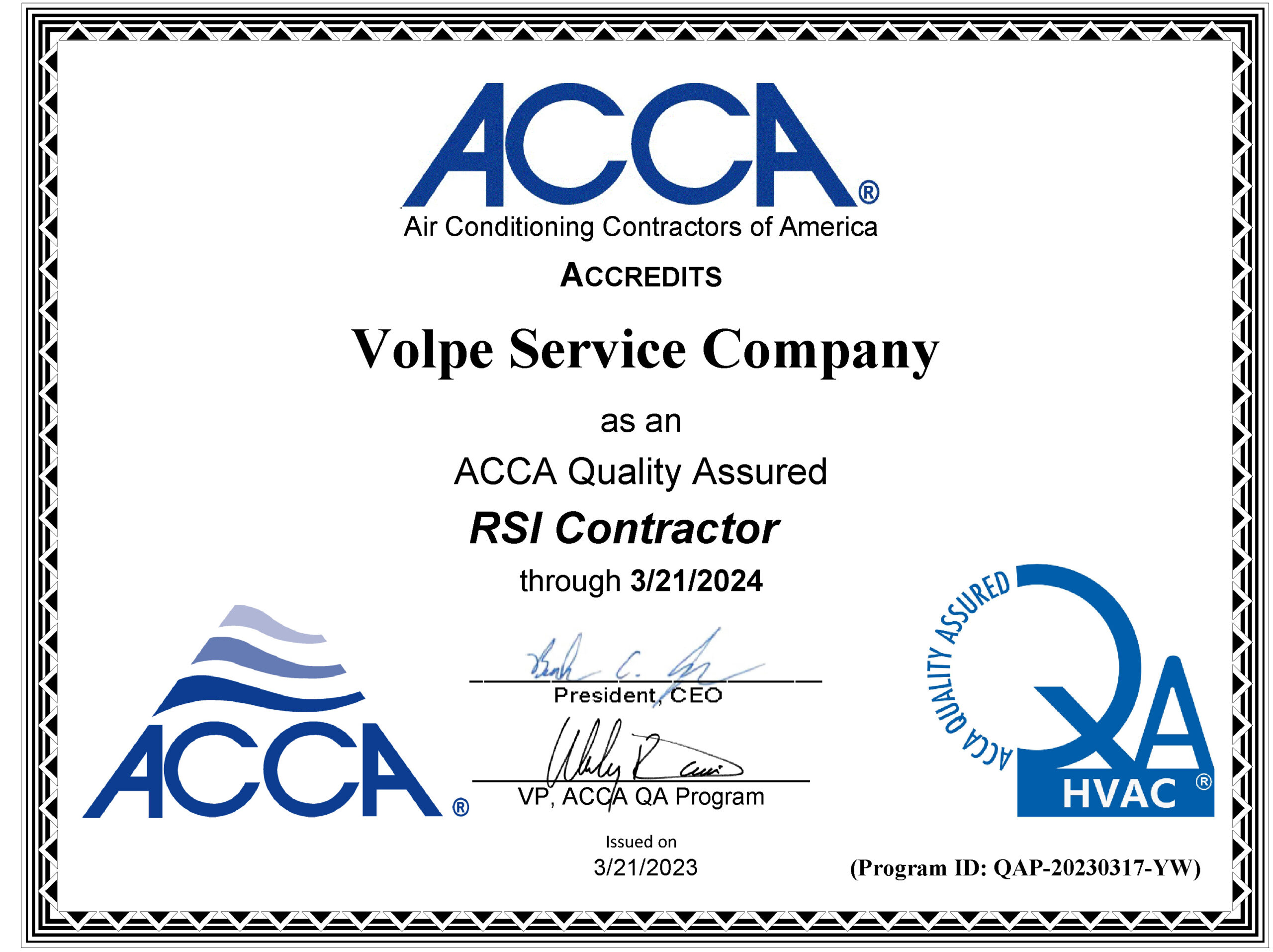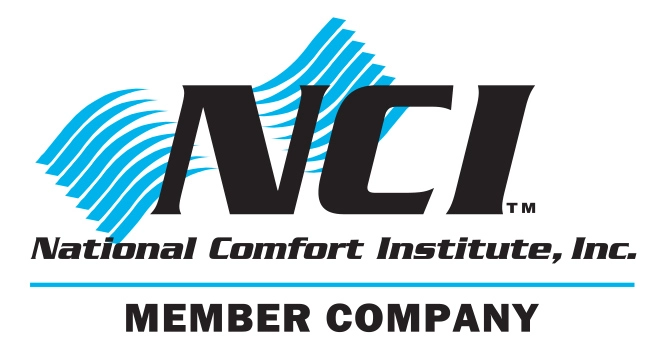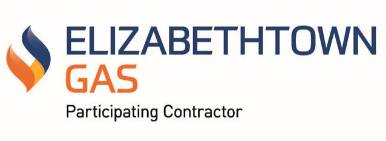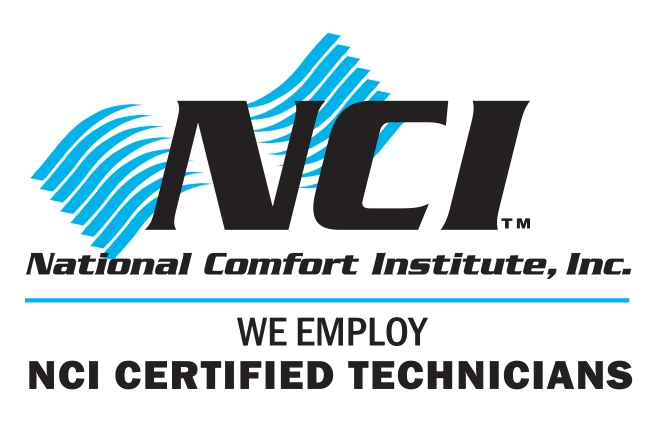Can You Write Off A New HVAC System on Your Taxes?
People are searching for strategies to claim expenses as the tax season approaches. Are you wondering if you can deduct a new HVAC system from your taxes? Do you have any more energy-efficiency upgrades that are eligible for a tax credit? You can be eligible for rebates and other financial incentives in addition to tax credits for efficiency upgrades.
HVAC Tax Deduction
On December 31, 2017, the nonbusiness energy property credit came to an end. The nonbusiness energy property tax credit is not available for any property put into service after 2017. It must be an existing home and your principal residence. Rental properties and new developments are excluded. You might be allowed to file an updated tax return for the year in which you made the improvement if you did not claim a qualifying tax credit in the preceding year. You cannot, however, include it on your most recent tax return.
To claim your residential energy credit, utilize IRS form 5695. Additionally, “use Form 5695 to take any carryforwards of the home energy efficient property credit from 2017 or to carry the credit’s unused amount to 2019” (IRS).
Write Off A New HVAC System On Your Taxes:
Is it possible to deduct a new HVAC system from your taxes? The response is most likely no. You wouldn’t have been able to deduct a new HVAC system because the nonbusiness energy property tax credit was no longer available. However, you can be eligible for the residential energy credit if you built a qualifying geothermal heat pump (Form 5695).
However, always keep an eye out for potential tax credits, rebates, and other financial advantages when installing or updating your HVAC system, as well as any related insulation and energy efficiency improvements.
Several instances include:
- Rebate on energy-efficient washers of $225 to $1500
- Smart thermostat rebates range from $25 to $125
- Water heater rebates of $100 to $200
The Consortium for Energy Efficiency establishes the energy efficiency grades, with a typical air conditioner receiving a $300 credit. Only a primary residence is eligible for this credit; second homes or investment rental units are ineligible.
Of course, updating your HVAC system has a lot of other advantages. Less expensive operations are one of the following:
- Increased Effectiveness
- Modernized Technology
- A rise in the value of your house
- Enhanced temperature regulation
- Improved air quality inside
- Assurance that your system won’t malfunction



